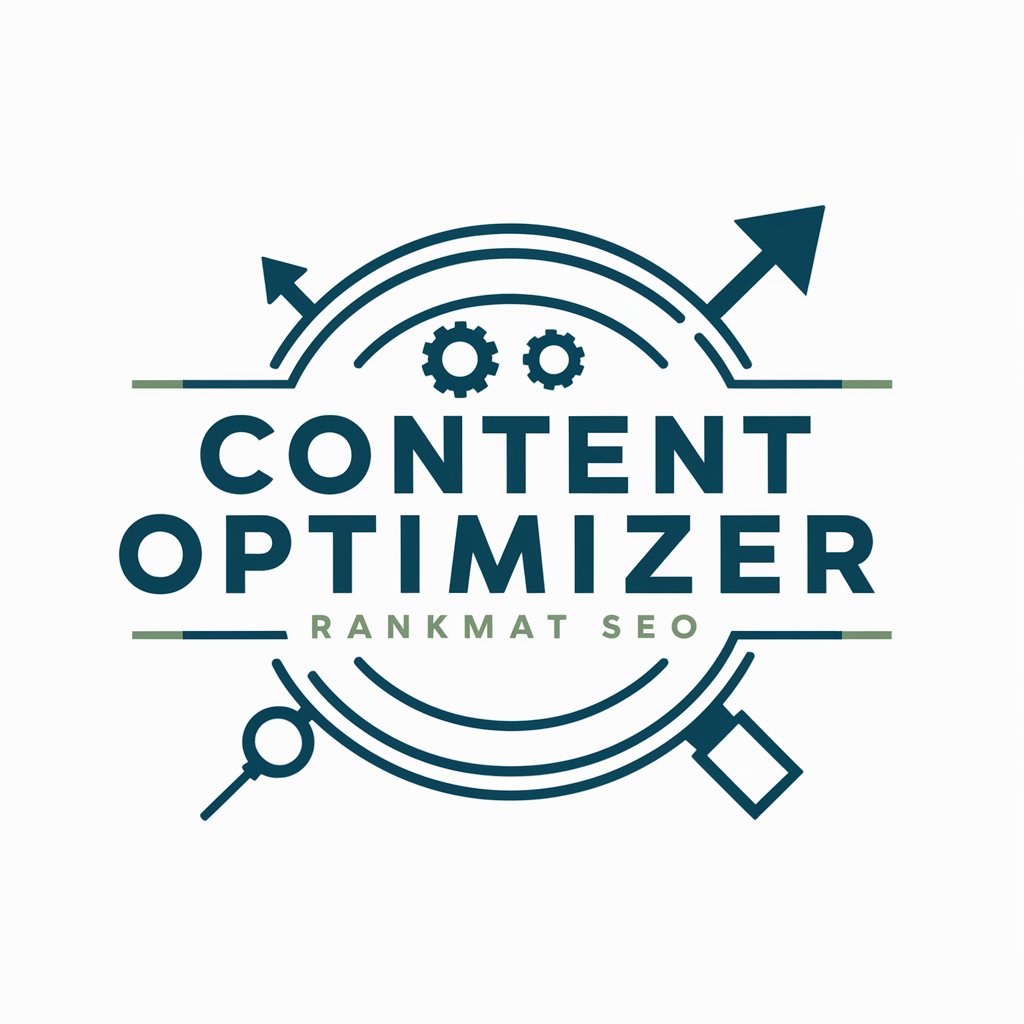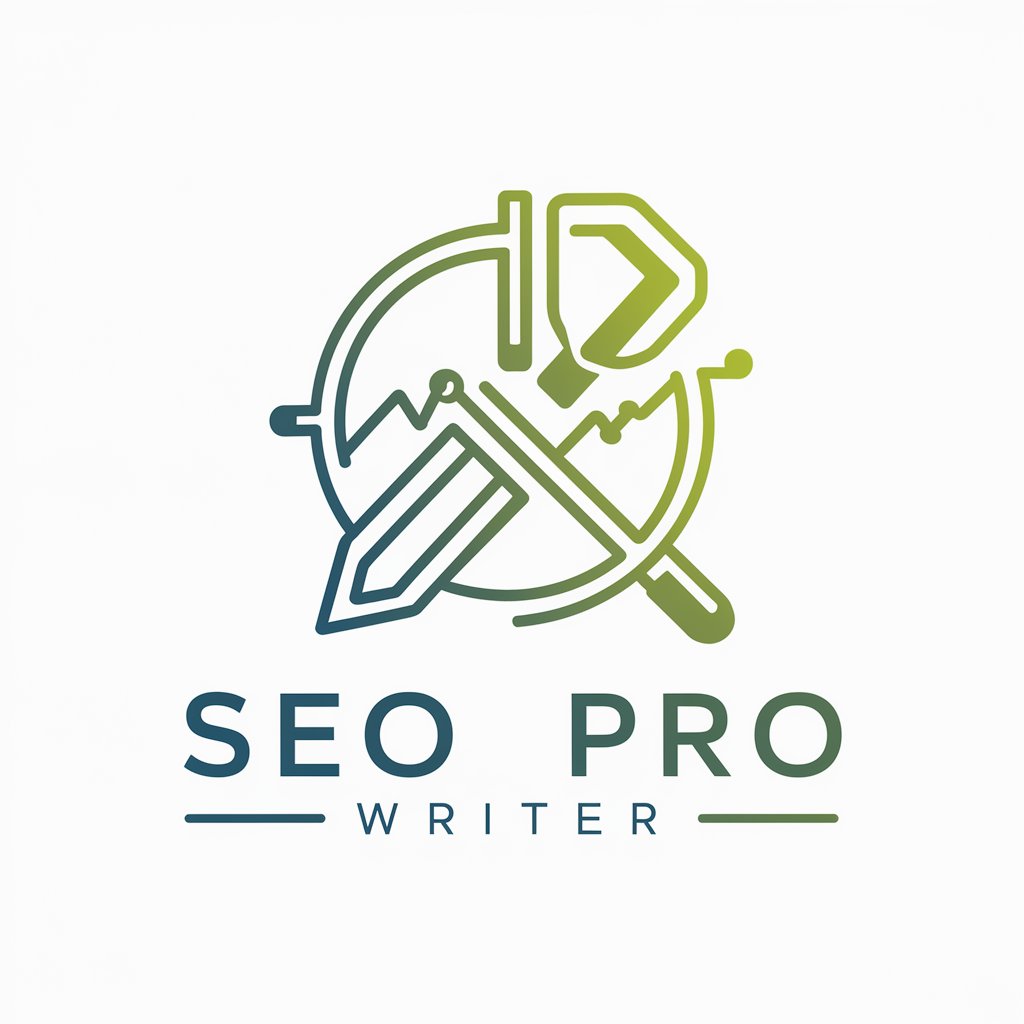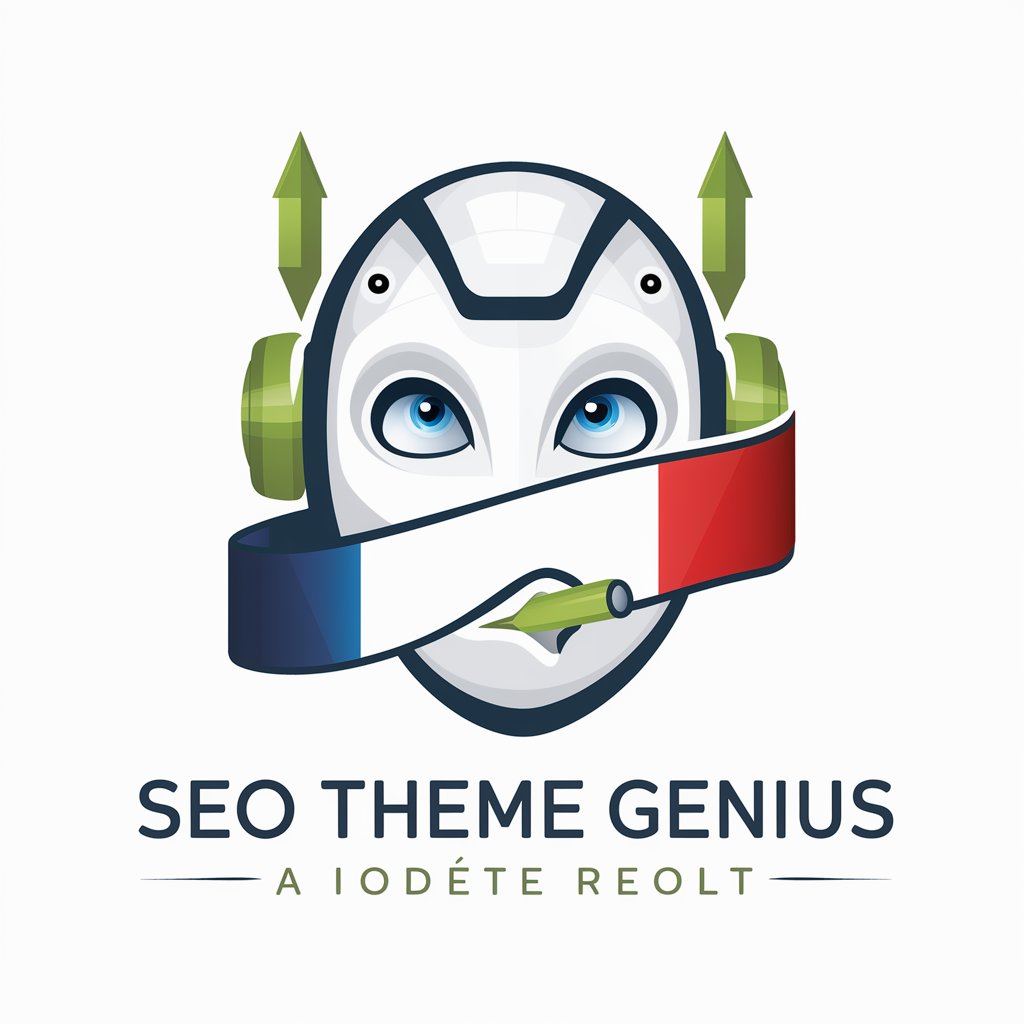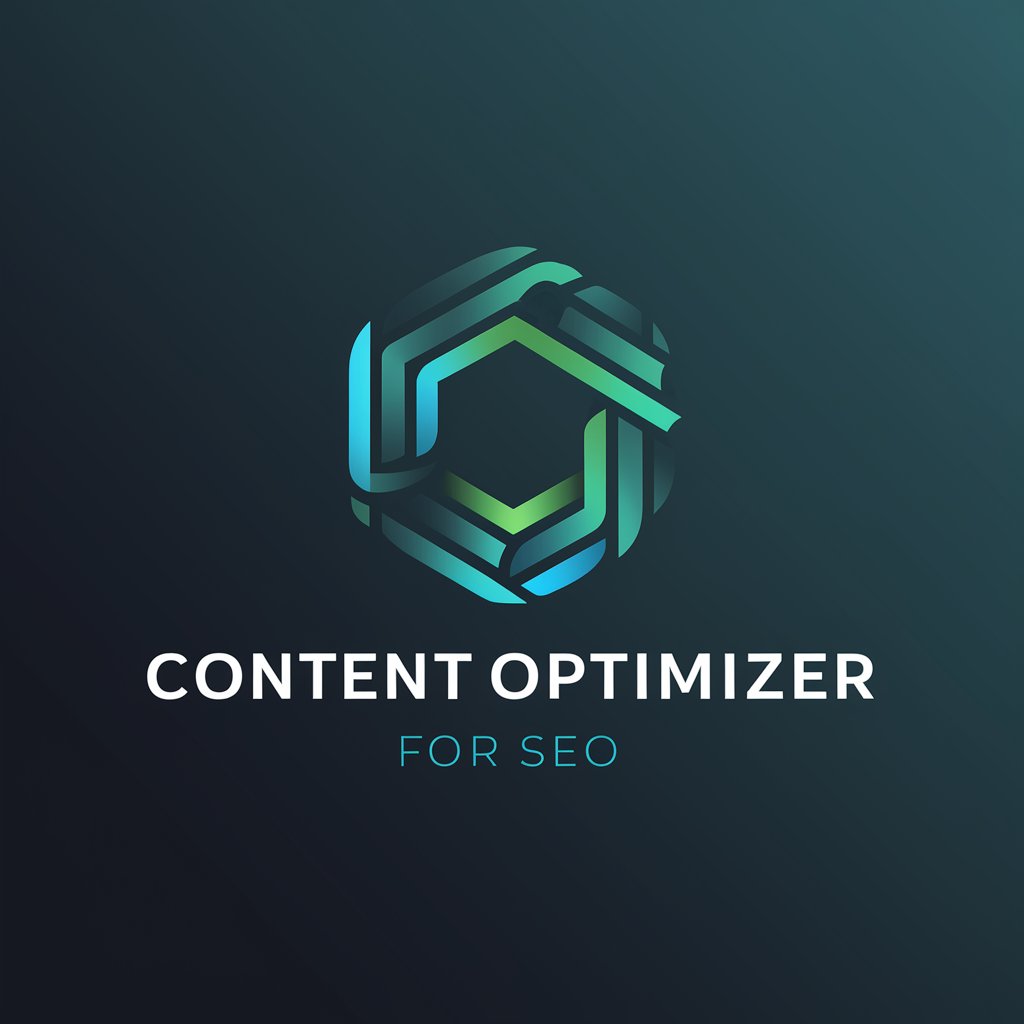
Search Engine Content Optimizer - AI-Powered SEO Guidance

Hello! Ready to optimize your content for SEO?
Optimize Content with AI Precision
How can I improve this article's SEO?
What keywords should I focus on here?
Is my content aligned with SEO best practices?
How can I optimize my headings for better SEO?
What can I do to better optimize the following content for SEO?
Get Embed Code
Introduction to Search Engine Content Optimizer
The Search Engine Content Optimizer is a specialized AI tool designed to enhance the effectiveness of web content for better search engine visibility and user engagement. It leverages current SEO best practices and Google's 'Helpful Content' guidelines to analyze, recommend, and optimize web content, ensuring it is both search engine and user-friendly. This includes evaluating keyword usage, structuring content for readability, suggesting relevant linking strategies, and ensuring the content provides genuine value to readers. For instance, a blog post about 'sustainable living tips' can be optimized by identifying relevant keywords, improving readability, and suggesting authoritative external links to enhance its visibility and usefulness. Powered by ChatGPT-4o。

Main Functions of Search Engine Content Optimizer
Keyword Optimization
Example
Analyzing a webpage on 'home gardening tips' to identify and suggest optimal keywords.
Scenario
A gardening blog wants to increase its organic search traffic. The optimizer evaluates the content, suggesting more specific keywords like 'indoor herb gardening tips' to target more precise queries.
Content Structuring
Example
Recommending header tags, bullet lists, and short paragraphs for a 'healthy eating guide'.
Scenario
A nutrition advice website's article is dense and hard to navigate. The optimizer suggests structuring changes to make the article more readable and engaging, enhancing user experience and SEO.
Readability Enhancement
Example
Suggesting simpler language and active voice in a 'DIY home repair' guide.
Scenario
A DIY blog's tutorial on fixing common home issues is complex and technical. The optimizer recommends simplifying the language and using active voice to make the guide accessible to a wider audience.
Linking Strategies
Example
Advising on including internal links to related topics and authoritative external links for a 'beginner's guide to meditation'.
Scenario
A wellness blog's meditation guide lacks depth. The optimizer suggests adding internal links to related articles on the blog and external links to reputable sources on meditation benefits, enriching the content and SEO value.
Ideal Users of Search Engine Content Optimizer Services
Content Creators and Bloggers
Individuals or teams producing regular web content, such as articles or blog posts, who seek to improve their search engine rankings and engage more effectively with their audience.
SEO Specialists and Digital Marketers
Professionals focused on optimizing web presence for businesses or personal brands, looking for advanced tools to refine content strategy and enhance online visibility.
Small Business Owners
Owners aiming to increase their online footprint without the budget for large marketing teams, benefiting from guided optimizations to make their web content more competitive.
Educational Content Providers
Organizations and individuals offering learning materials online who want to ensure their content is easily discoverable and valuable to learners, enhancing both reach and educational impact.

How to Use Search Engine Content Optimizer
1. Start Your Trial
Go to yeschat.ai to begin your free trial without the need for signing up or ChatGPT Plus.
2. Choose Your Objective
Identify your primary goal for content optimization, such as increasing organic traffic, enhancing readability, or improving keyword rankings.
3. Input Your Content
Paste your existing content or draft directly into the tool's interface for analysis.
4. Receive Optimization Suggestions
Utilize the tool's recommendations to adjust your content for optimal SEO performance, including keyword optimization and structure improvements.
5. Implement and Monitor
Apply the suggested changes to your content and monitor its performance over time to gauge the impact of optimizations.
Try other advanced and practical GPTs
GADs Genius - Search Ads Writer
Optimize Ads with AI Insight
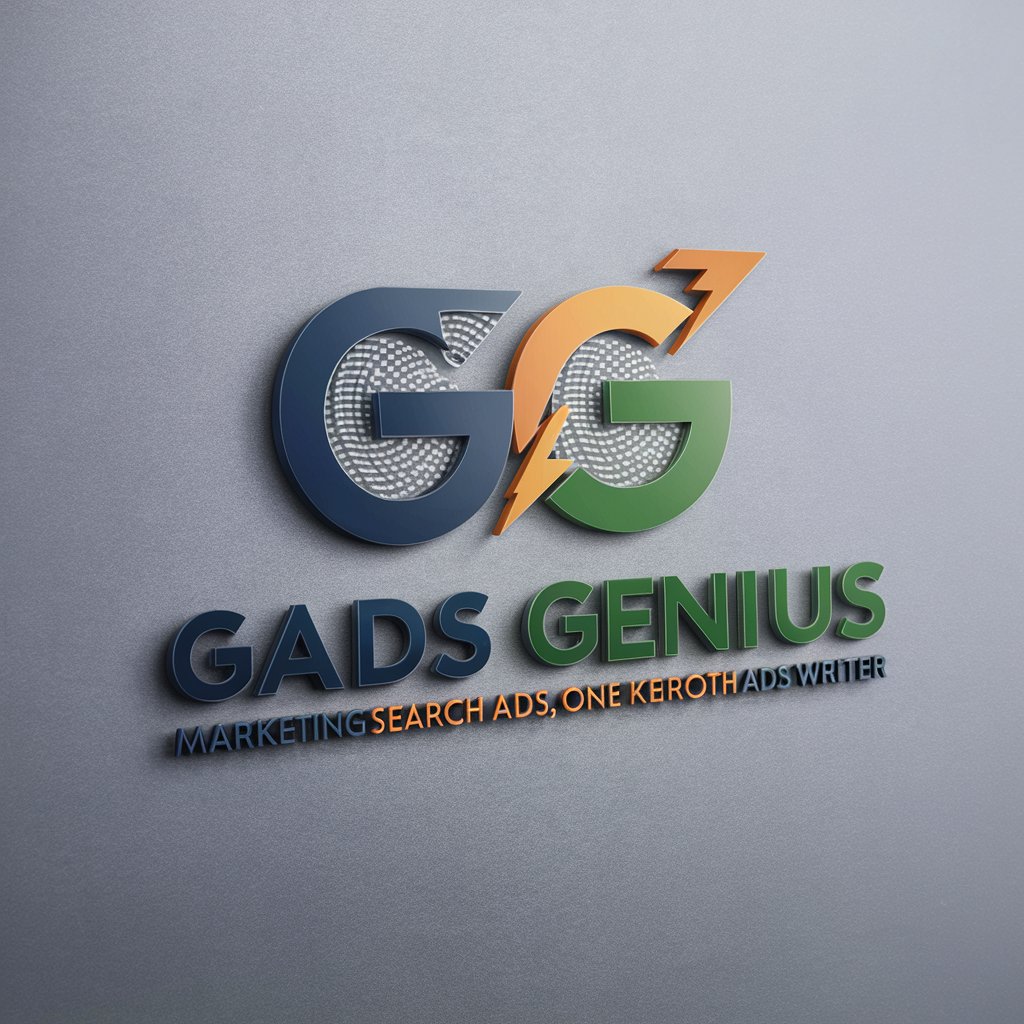
Assistant SEA
Elevate Your Online Marketing with AI

G Search Expert
Empowering Search Insights with AI

SEO Best Article to rank on Google - Human Written
Elevate Your Content, Empower Your SEO
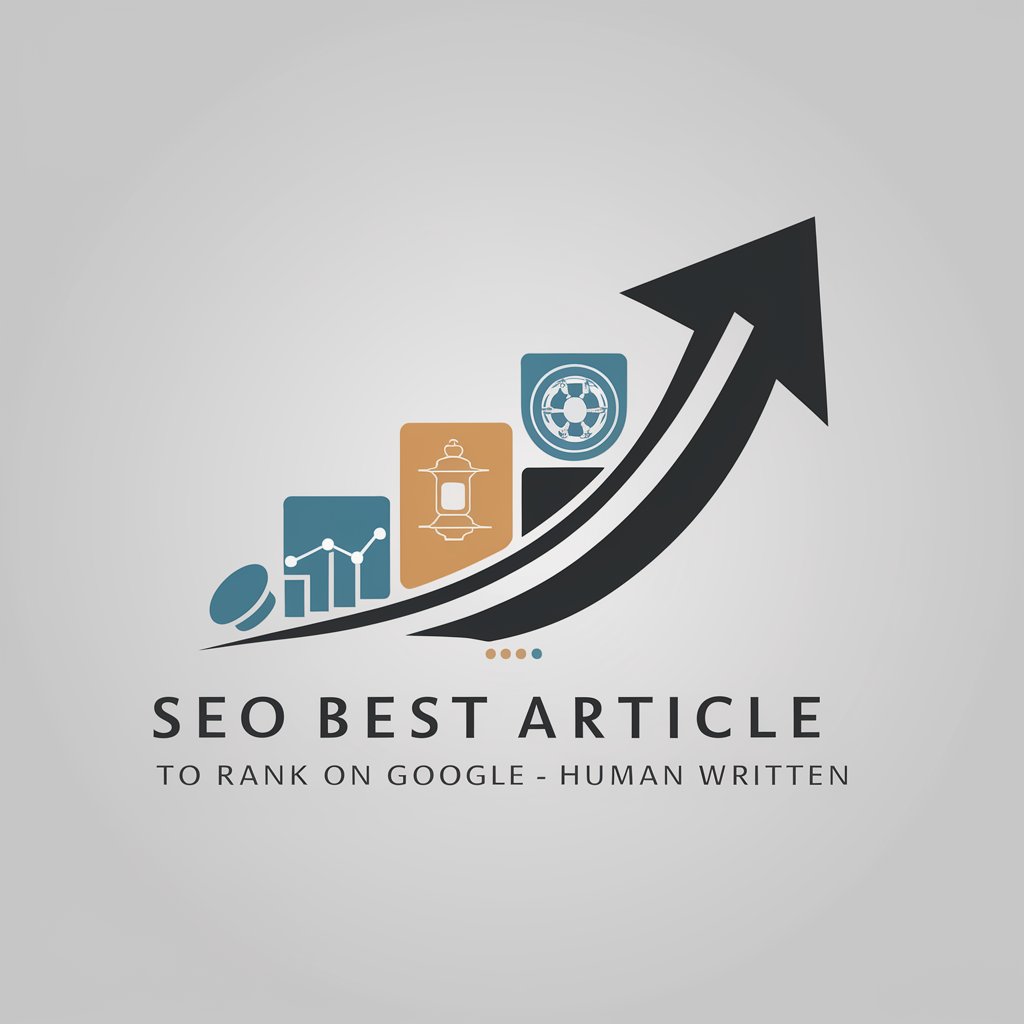
Federal Employee Evaluation Assistant
Elevate Your Evaluation with AI

Especialista em Tráfego Pago
AI-Powered Ad Campaign Mastery

Bruhn Barbershop
Revolutionizing Your Grooming Routine with AI

SEO FUNDAMENTALS GUIDE
Empower Your SEO with AI Guidance

アダチさん15号(Windows OS篇)
Empowering Windows Mastery with AI

PolishMyEmail AI
Elevating Emails with AI Precision
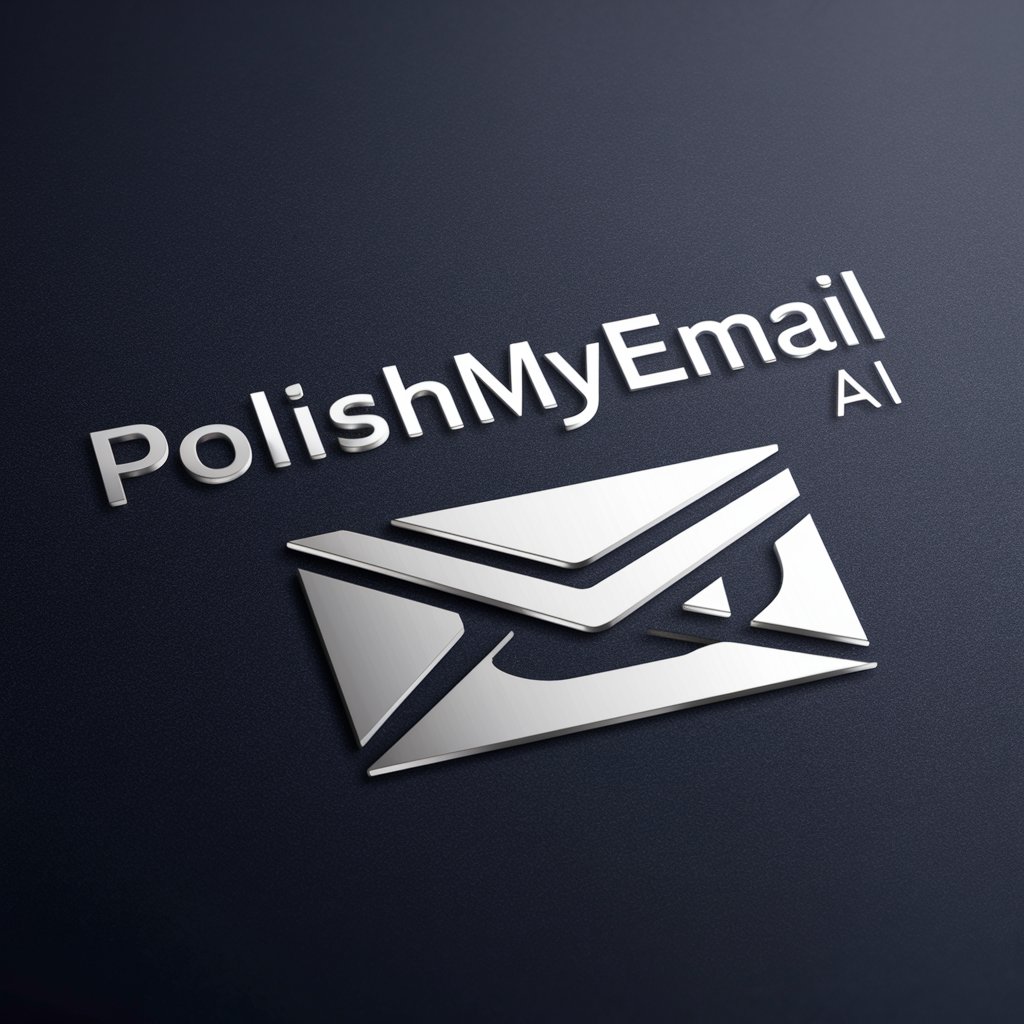
Elvis
Empower Your Data with AI

SaaS Outreach Wizard
Elevate Your Sales Game with AI

FAQs About Search Engine Content Optimizer
What makes this optimizer unique?
It integrates Google's 'Helpful Content' guidelines with current SEO best practices, offering a balanced approach to optimizing content for both search engines and real readers.
Can I use this tool for any type of content?
Yes, it's designed for a wide range of content types, including blog posts, landing pages, academic writing, and more, providing specific insights for each.
How does the optimizer handle keyword analysis?
It analyzes keyword distribution, relevance, and potential keyword opportunities within your content, suggesting optimal placement and frequency for SEO.
Is technical SEO included in the optimization process?
While the main focus is on content optimization, the tool also offers insights into some technical aspects like meta tags and readability to support overall SEO efforts.
How often should I use this tool for my content?
Regular use is recommended for ongoing content creation and prior to publishing new content to ensure it's fully optimized for search engines and user engagement.
